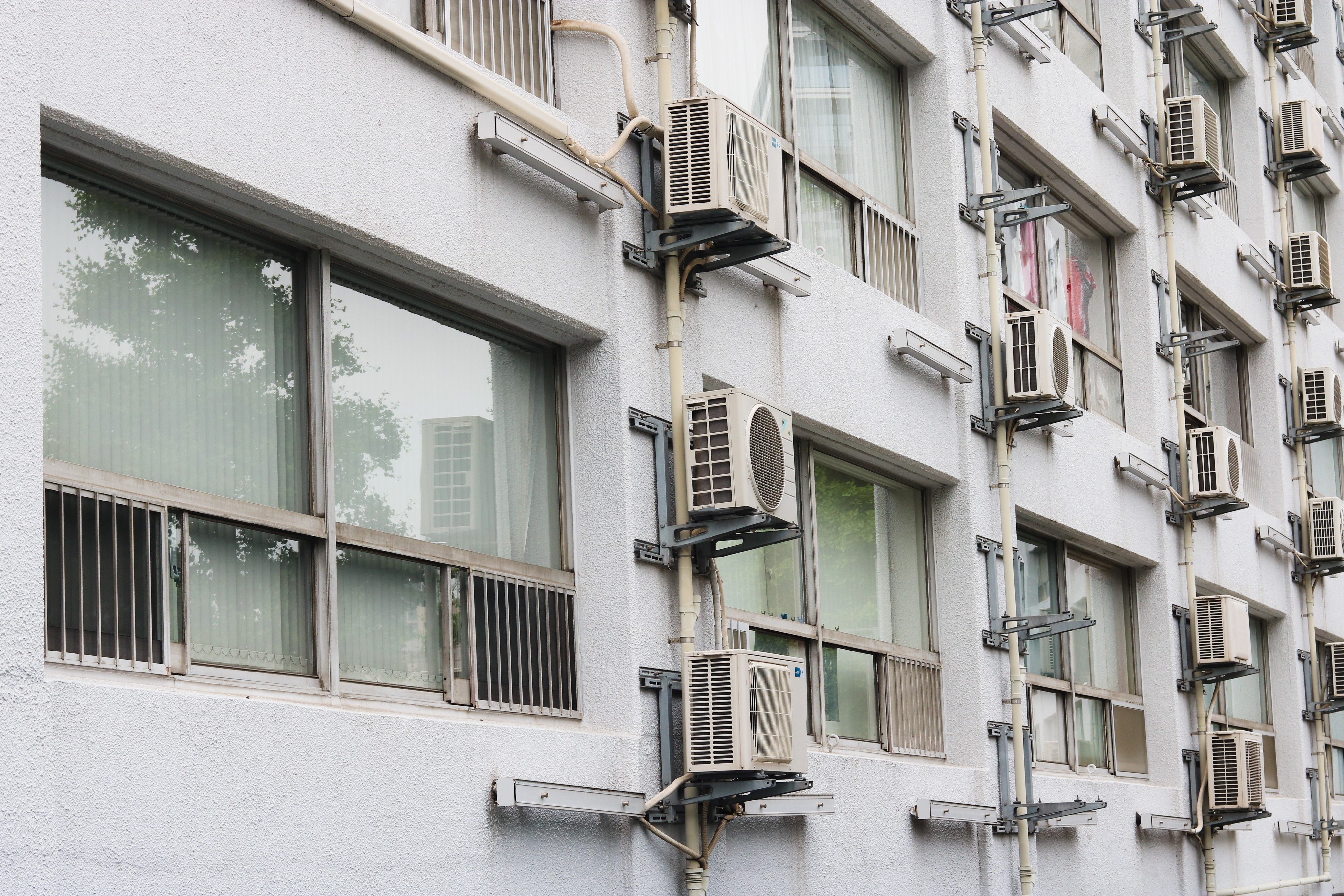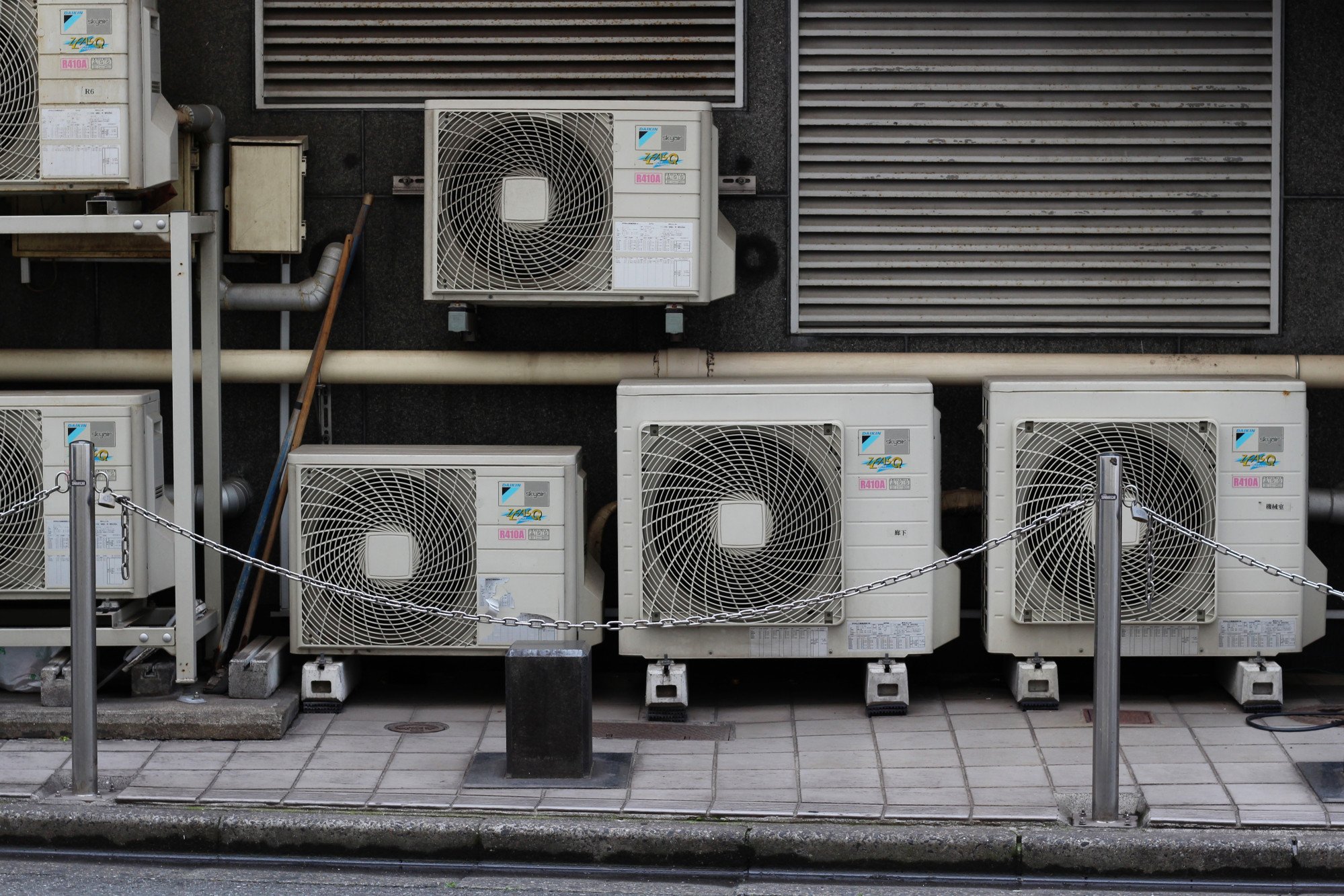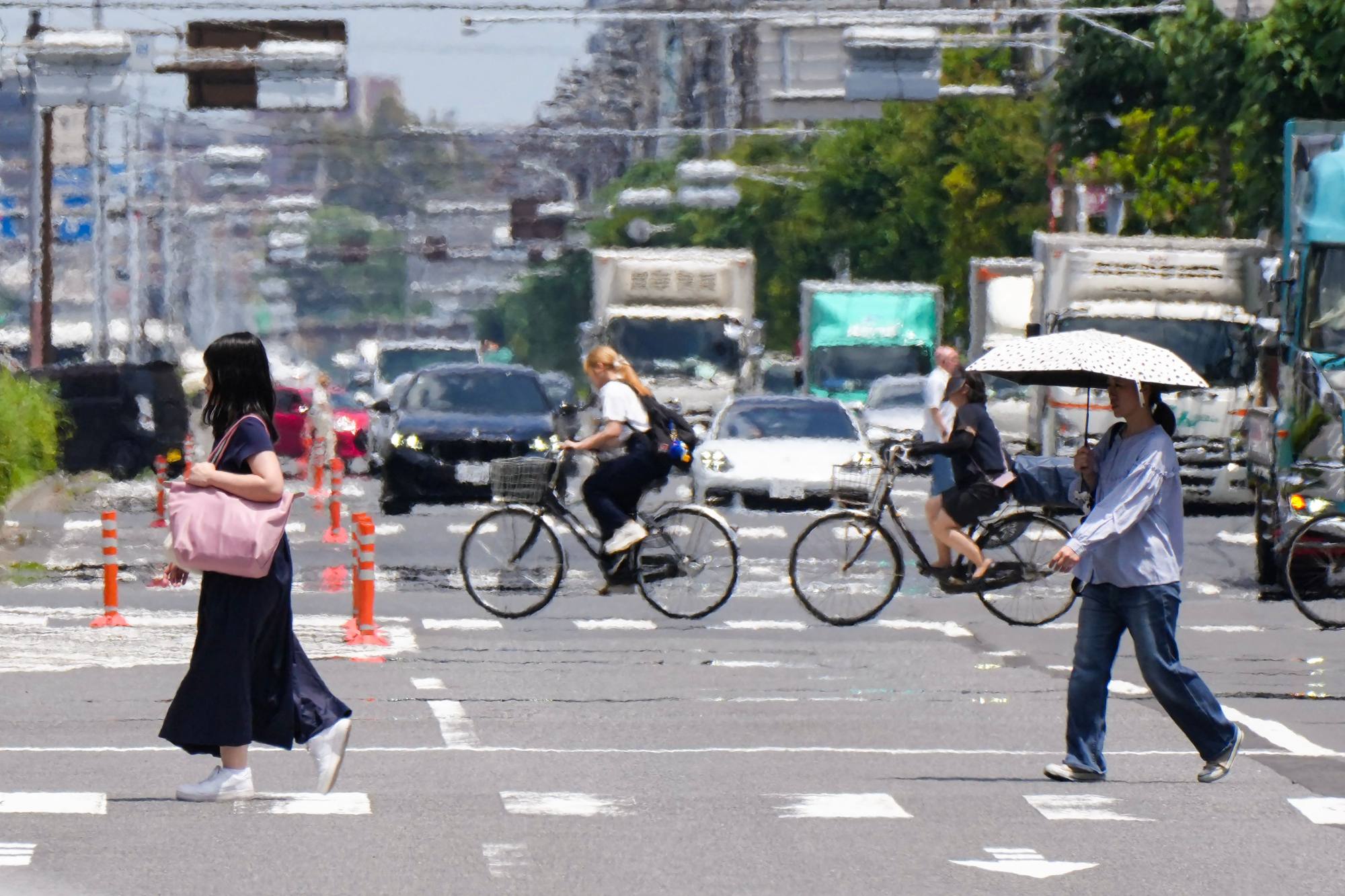Not cool: Japanese police sweat over surge in theft of air conditioners
Number of cases hit more than 3,000 last year, a 13-fold jump from just 255 in 2020, with suburban areas in Kanto region often targeted

A surge in theft of outdoor air-conditioning units in Japan, especially in the suburban areas of the country’s eastern Kanto region, has left authorities struggling to track down the perpetrators.
Last year, the country saw 3,397 cases, a dramatic 13-fold jump from just 255 in 2020, the Asahi newspaper reported, citing the National Police Agency (NPA).
The number has doubled annually since 2020, rising from 442 in 2021 to 819 in 2022 and 1,717 in 2023, according to NPA data.
Ibaraki prefecture, northeast of Tokyo, reported the highest number of stolen outdoor air-conditioning units last year with 594 cases, followed closely by Saitama at 563 and Chiba at 402.
In comparison, metropolitan cities such as Tokyo and Osaka saw only 60 and 101 theft cases, respectively, which police said meant that thieves tended to avoid urban areas given the higher risk of detection.

According to the NPA, rising copper prices could have fuelled the surge in crimes, as outdoor air-conditioning units often have copper pipes.
Copper prices have surged as President Donald Trump’s tariff threats drive global traders to rush supplies to the US, resulting in worldwide inventory shortages.
Additionally, many stolen units likely feed black market demand from buyers looking for affordable ways to beat the heat, according to the Asahi newspaper.
Japan has issued multiple heat alerts nationwide as temperatures soared to at least 34 degrees Celsius (93.2 degrees Fahrenheit) in Tokyo prefecture on Wednesday, when 57 people were hospitalised for heat-related illness, NHK reported.
The heatwave has broken records across Japan, with 14 weather stations logging historic high temperatures in June alone, according to the Japan Meteorological Agency.
Amid the heatwave, police have faced difficulties tracking down culprits, as most stolen air-conditioning units are likely dismantled for their metal parts, leaving little traceable evidence behind, according to the Asahi newspaper.
Even when air conditioners remain intact, investigators say identifying victims is challenging, since owners rarely take note of their outdoor units’ serial or model numbers.

To combat the issue, police in Choshi – a coastal city 134km east of Tokyo – have partnered with local authorities to create stickers displaying air conditioner serial numbers, urging residents to affix them to their outdoor units.
Inspired by anti-bicycle theft efforts, the durable yellow stickers have been distributed to more than 200 households in high-theft zones.
In April, an officer discovered one of the yellow stickers still attached to an air conditioner among about 50 units piled at a scrap metal shop in Asahi, Choshi’s neighbouring city.
The discovery led to a police investigation. While authorities initially lacked sufficient evidence to arrest the 65-year-old unemployed suspect, they ultimately apprehended him in May on suspicion of stealing another air conditioner.
“The ingenious measures put in place by our officers achieved success,” an official at the Choshi police station told the Asahi newspaper. “We will continue to advise people to be cautious.”
Air conditioner thefts are not uncommon in Asia. In April, police in Chennai in southwest India arrested six suspects who allegedly broke into a shipping container and stole multiple air conditioners, The Hindu reported.
Last December, a man was arrested after allegedly breaking into a house in Skudai, a town in Johor, Malaysia, and stealing an air conditioner.